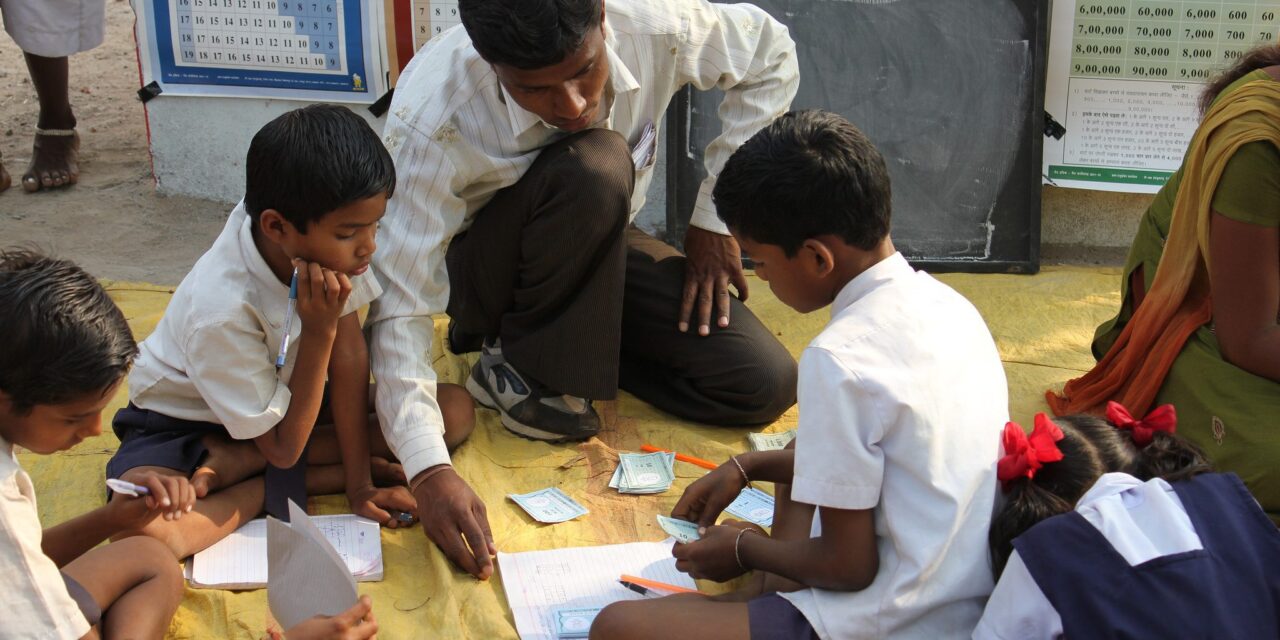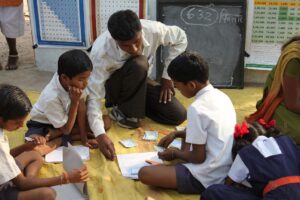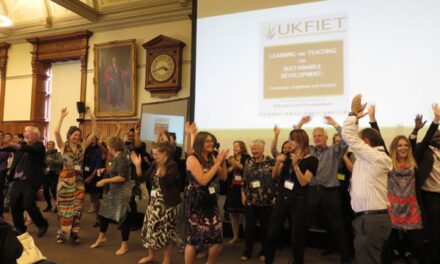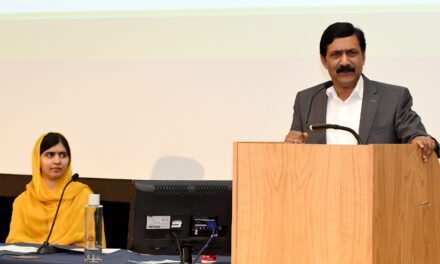This blog was written by Foster Gondwe, Instructor in the School of Education at Chancellor College, University of Malawi. For the 2017 UKFIET conference, 23 individuals were provided with bursaries to assist them to participate and present at the conference. The researchers were asked to write a short piece about their experience. Foster is a Master of Education student in the Graduate School for International Development and Cooperation, Hiroshima University in Japan. His research interests are: teacher education, ICT in education and international cooperation in education.
When we talk about what teachers do or should be able to do, what often comes to mind is their ‘teaching’ role. For example, we judge ‘good’ teachers according to how well they ‘teach’ by among others looking at test results of their students. However, teachers have other equally important roles (for example, teachers are also managers, coaches, researchers or leaders), although such roles are rarely discussed in the public talk of teachers.
In this article, I summarise our UKFIET conference presentation (co-authored with Takayoshi Maki of Hiroshima University) which was about the role of ‘teachers as researchers.’ The presentation compared policies on educating teachers as researchers, focusing on country cases of Japan, Malawi and Thailand.
Our starting point was to define teacher research, and we adopted Cochran-Smith and Lytle’s (1993, as cited in Santa & Santa, 1995) definition that this is a systematic inquiry carried out by teachers. This research is crucial for teachers’ professional knowledge of teaching and learning (Bullock, pgs 379-403, in International Handbook of Teacher Education Vol 2, 2016); allows teachers to take control of their own professional lives; and is the best way to achieve lasting change in education. We reviewed literature such as policy documents to answer the following questions:
- Why do the compared countries launch ‘teachers as researchers’ policy?
- What are differences and similarities in policy and implementation among the countries?
- What factors sustain and limit the implementation?
Firstly, we found that ‘accountability’ (for example, the need for teachers to show that they are doing what is expected of them) is the background of the ‘educating teachers as researchers’ policies in Japan and Malawi, while in Thailand, the policies have been a part of the democratisation learning reform.
Secondly, the desire for ‘lifelong learning teachers’ is the main feature of educating teachers as researchers in Malawi and Japan, while in Thailand, teacher research is considered a panacea (for example, use of action research to solve classroom problems, such as students’ absenteeism).
Thirdly, the following were identified as factors enhancing the success of the policies: teachers having a sense of mission and responsibility (Japan), teacher collaboration and recognition of the professional context, for example, considering availability of financial resources (Malawi), and understanding the importance of teacher research (Thailand).
In terms of theory, findings from our review confirm Biesta’s (2010) observed learnification of education (or the language of ‘learning’ dominating discussion about education), which is one of the problems contributing to less discussion on the question of what is educationally desirable, or the purpose of education. In practice, one key lesson is that the ‘teachers as researchers’ movement is a borrowed phenomenon in the compared countries. However, the ‘incomplete’ mimic of promoting teachers as researchers clashes with the existing culture in the education institutions. For example, in Malawi, untrained teachers and head teachers in the resource-constrained schools that participated in an action research initially felt overburdened; while others felt research was beyond their capacity (Stuart & Kunje, 1998).
For policy, Akiba’s (2013, p. 289) recommendation for the need to “establish a system which “‘supports teachers’ work’ rather than ‘improving teacher quality’” may be considered. Thus, in all the three countries, to establish a culture of teacher as researcher, it would mean reducing teachers’ burden of huge workload and providing proper training about teachers as researcher to in-service teachers.






